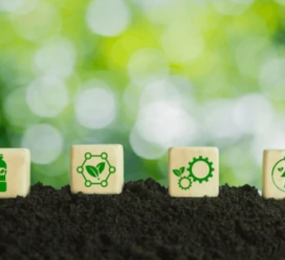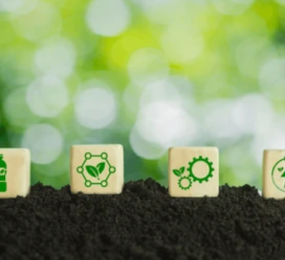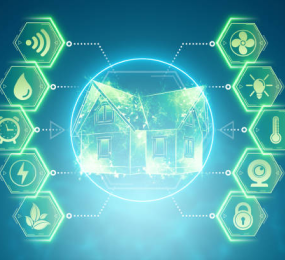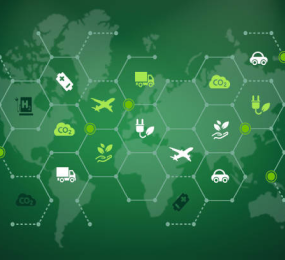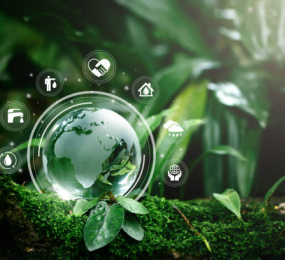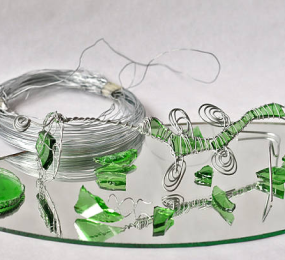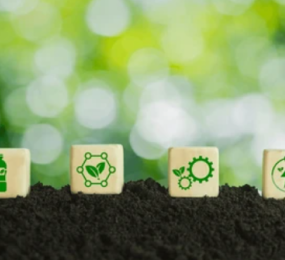Bioplastics in a Circular Economy: Paving the Way for Sustainable Packaging
The global plastic pollution crisis has spurred a search for more sustainable alternatives. Bioplastics, derived from renewable biological sources like plants, bacteria, or algae, offer a promising solution. These biodegradable and compostable materials can help reduce reliance on traditional petroleum-based plastics.
A circular economy model, where resources are kept in use for as long as possible, aligns perfectly with bioplastics. By designing products with end-of-life considerations, bioplastic packaging can be easily composted or recycled, minimizing waste and environmental impact.
However, challenges remain. While some bioplastics can degrade in specific conditions, others may require specialized composting facilities. Additionally, the production of bioplastics can sometimes compete with food production, raising concerns about land use and resource allocation.
To fully realize the potential of bioplastics, it is crucial to invest in research and development to improve their performance and reduce production costs. Additionally, robust infrastructure for collection, sorting, and composting of bioplastic waste needs to be established.
By embracing bioplastics and adopting circular economy principles, we can move towards a more sustainable future where plastic pollution is a thing of the past.
Visit our website to know more: https://www.leadventgrp.com/events/3rd-annual-world-biopolymers-and-bioplastics-innovation-forum/details
For more information and group participation, contact us: [email protected]
Leadvent Group - Industry Leading Events for Business Leaders!
www.leadventgrp.com| [email protected]


